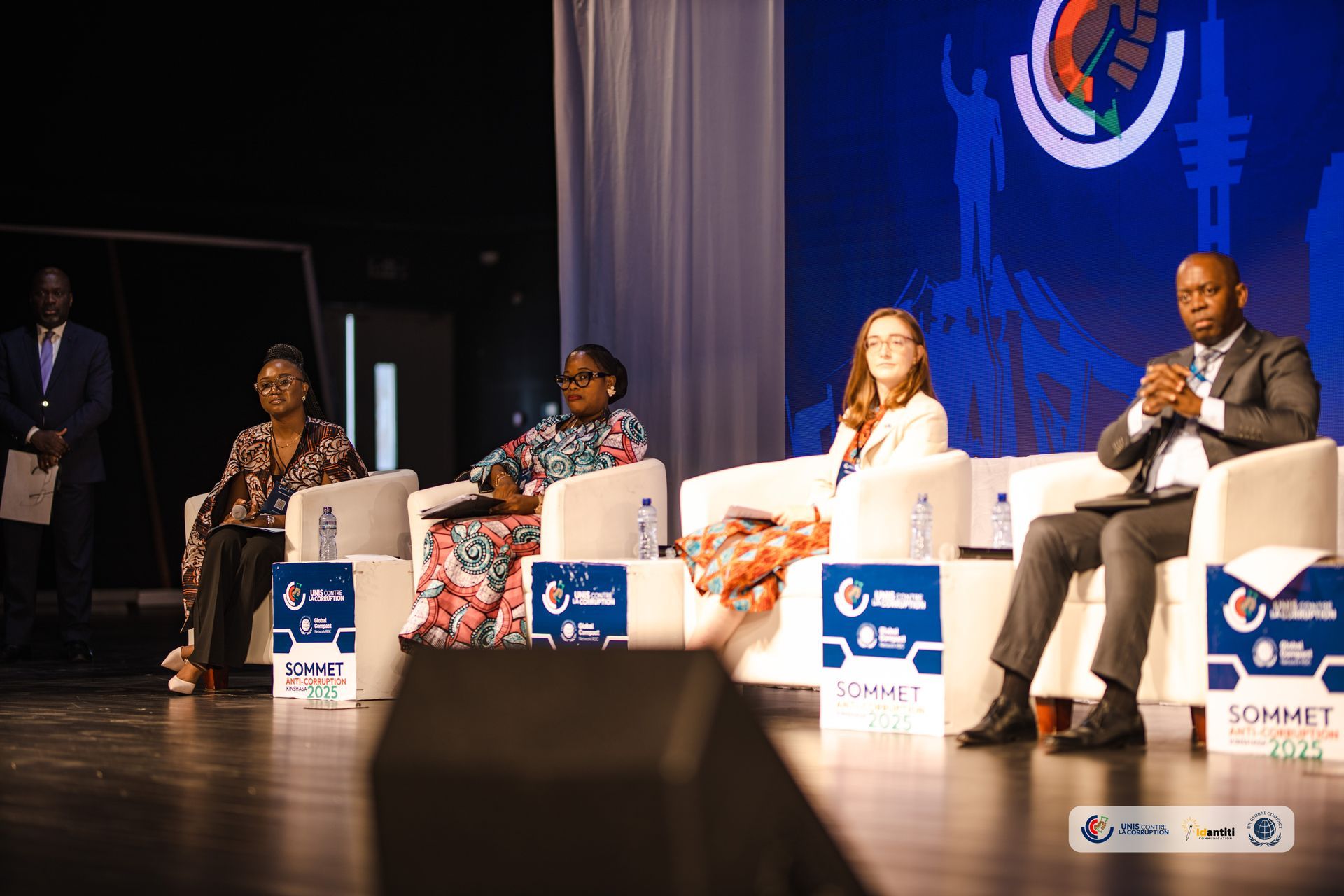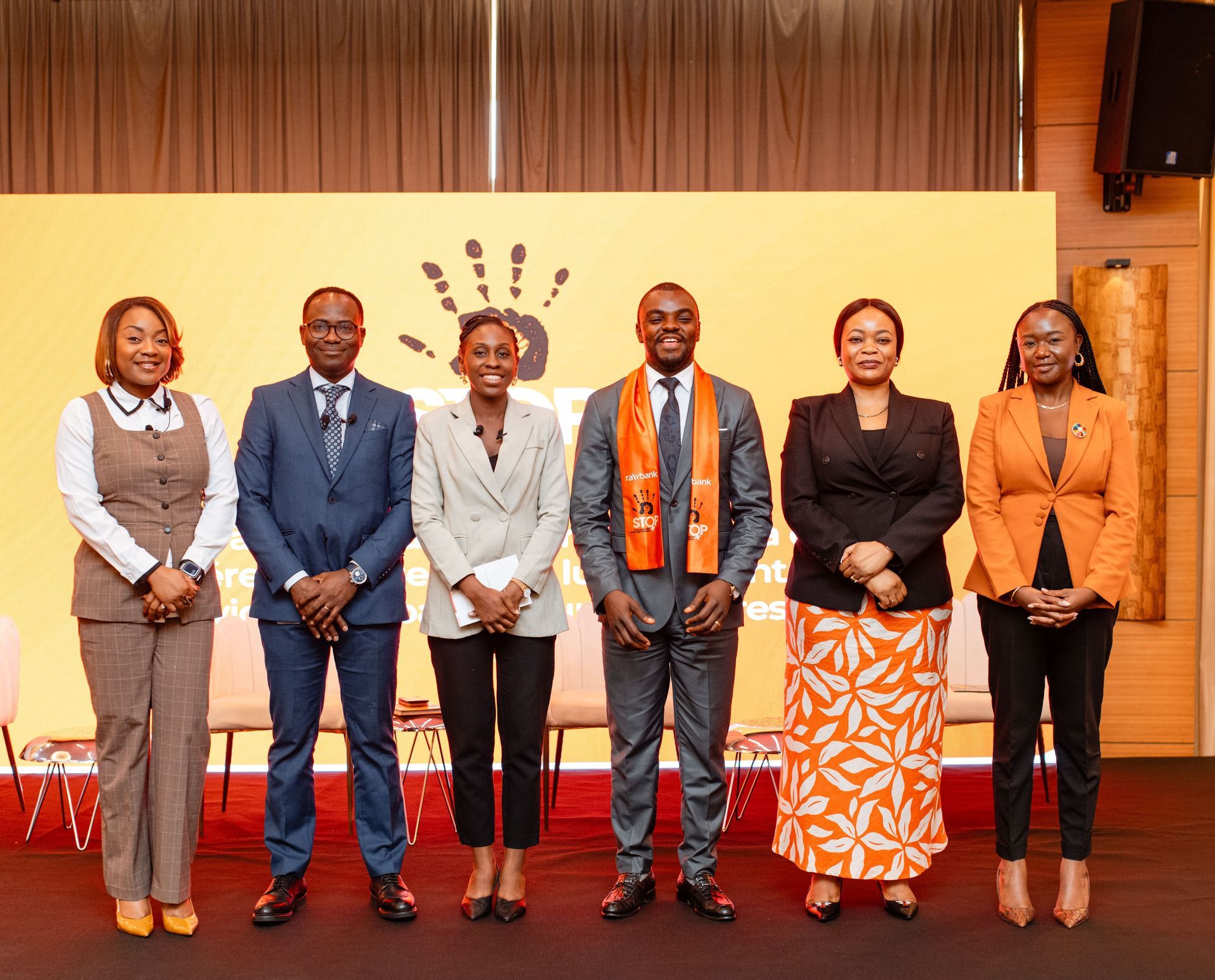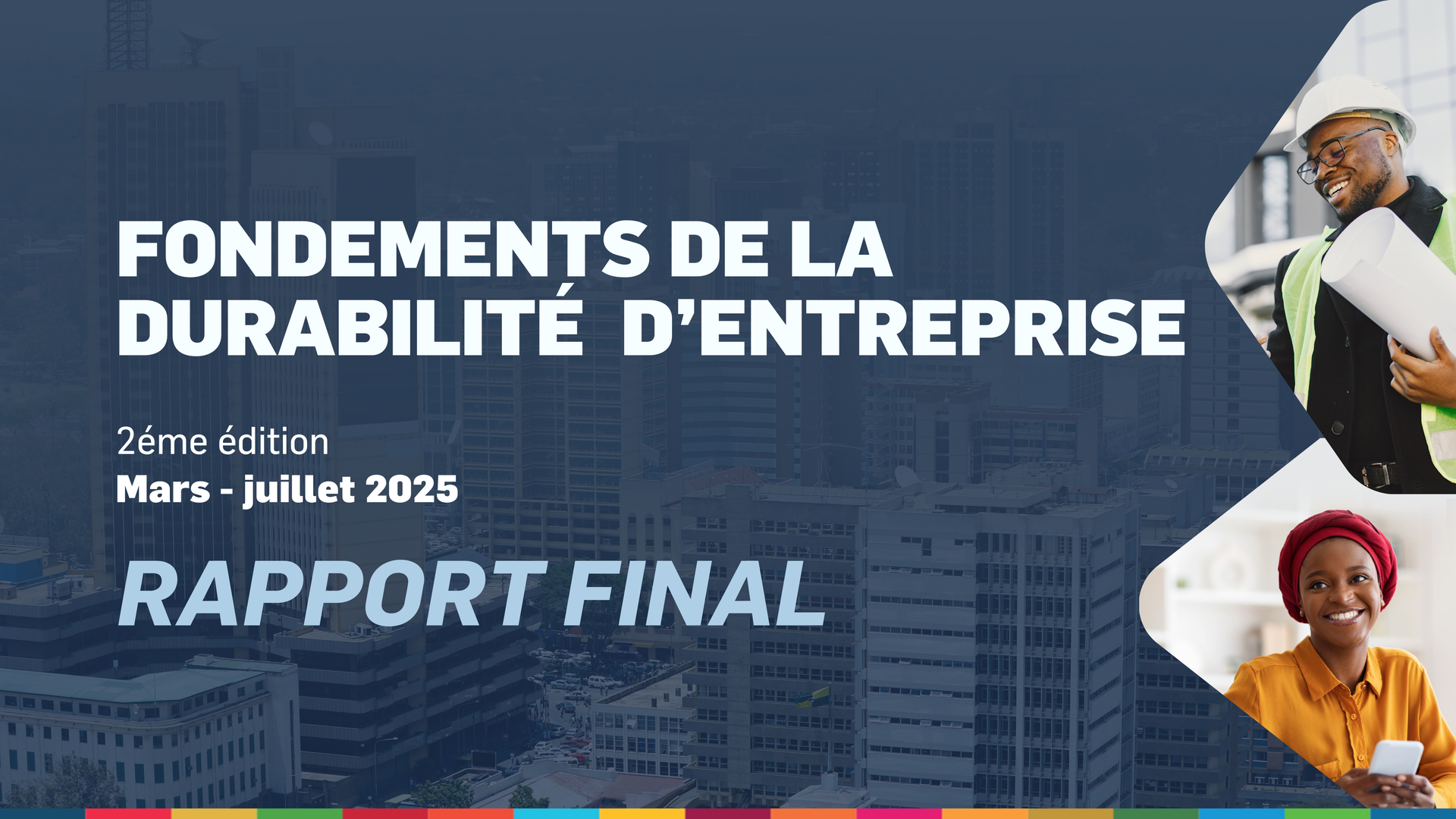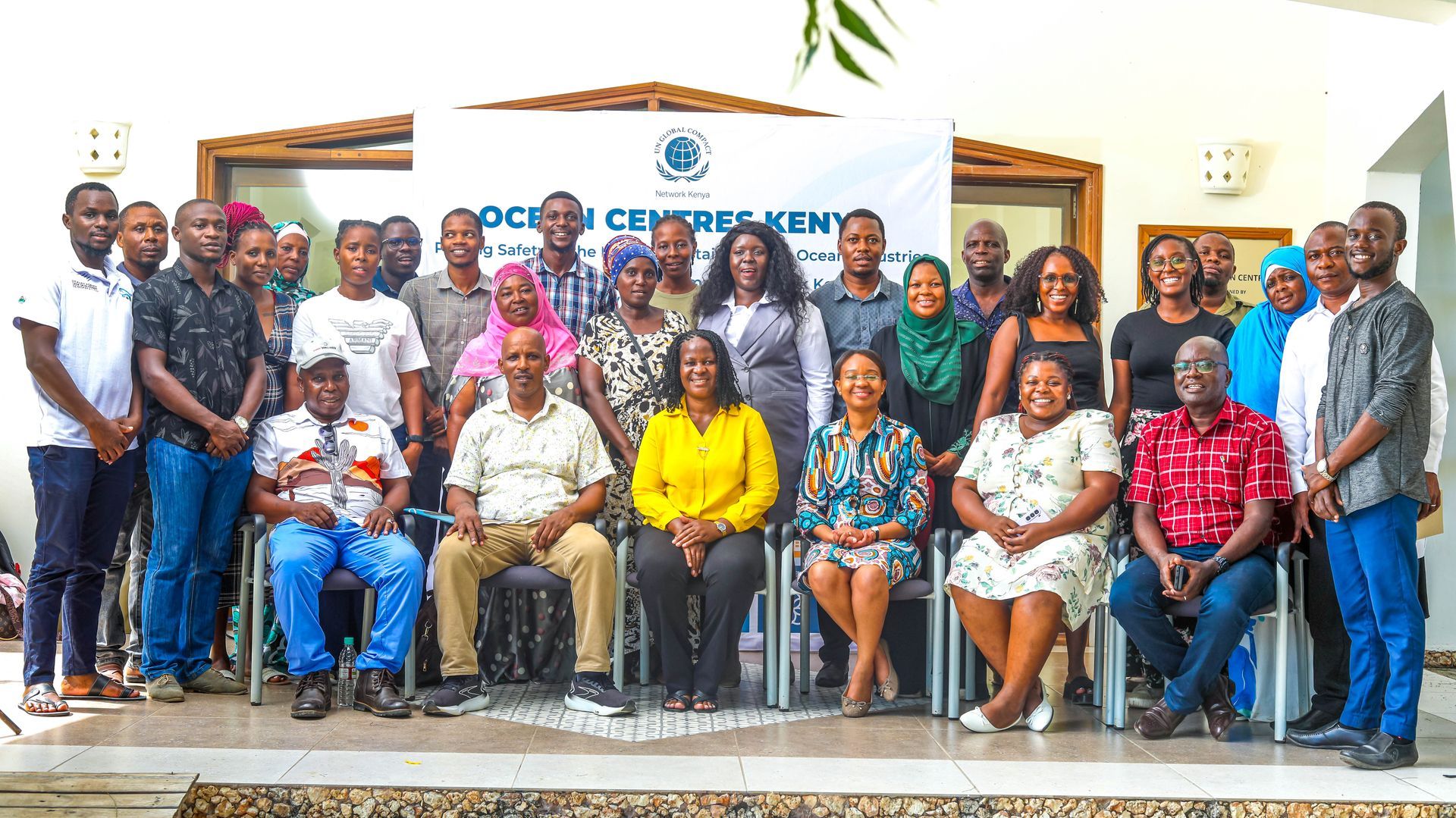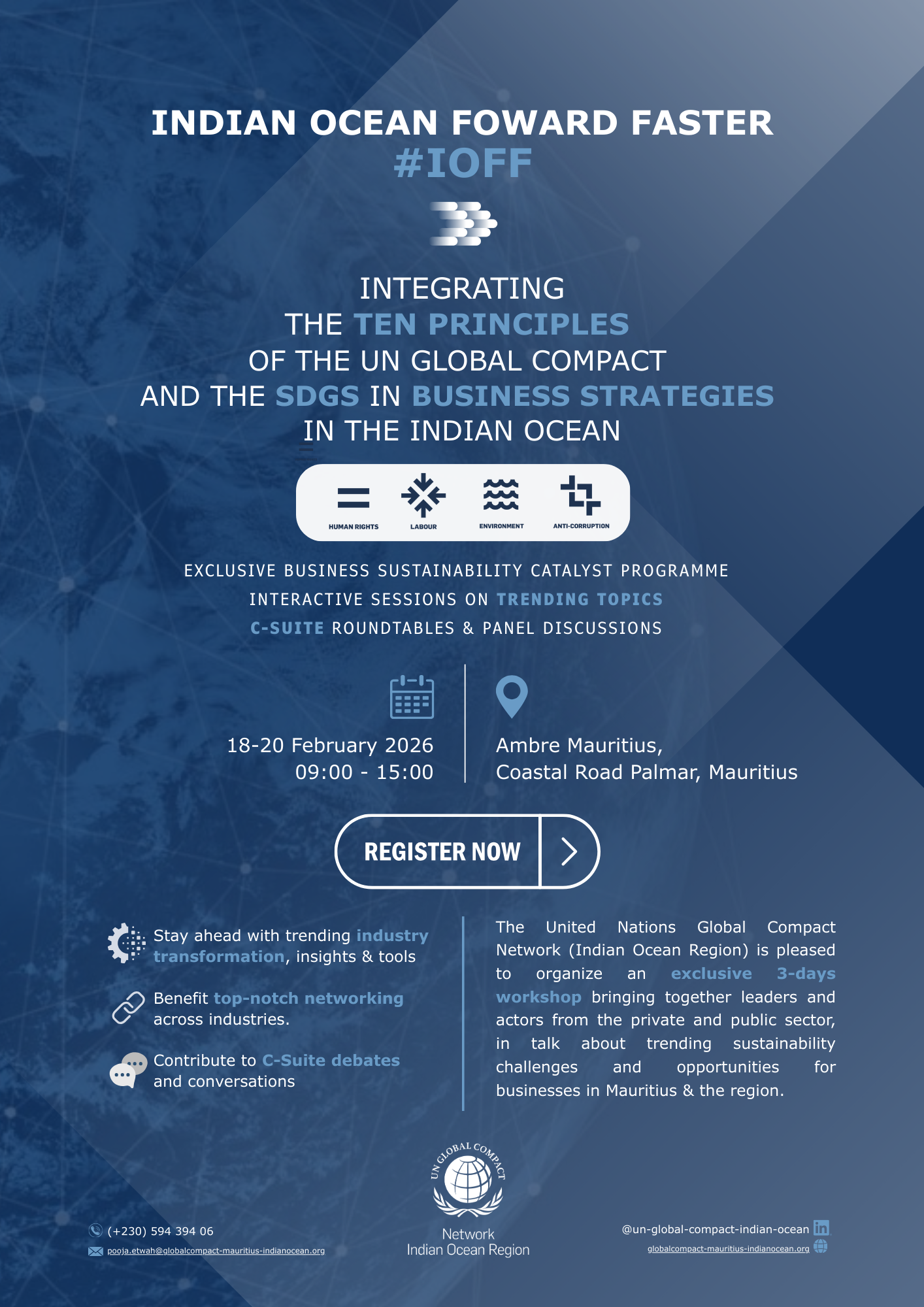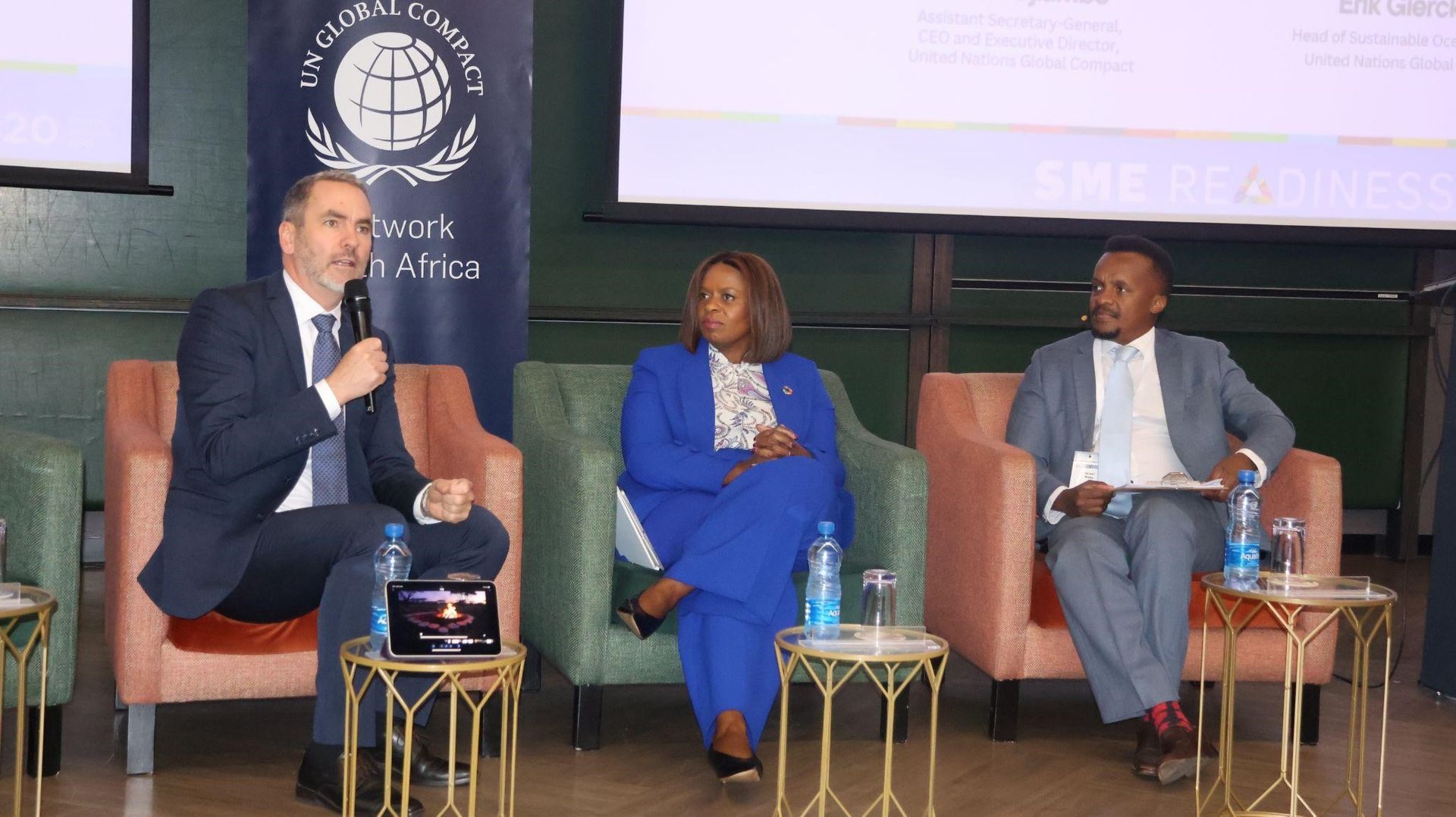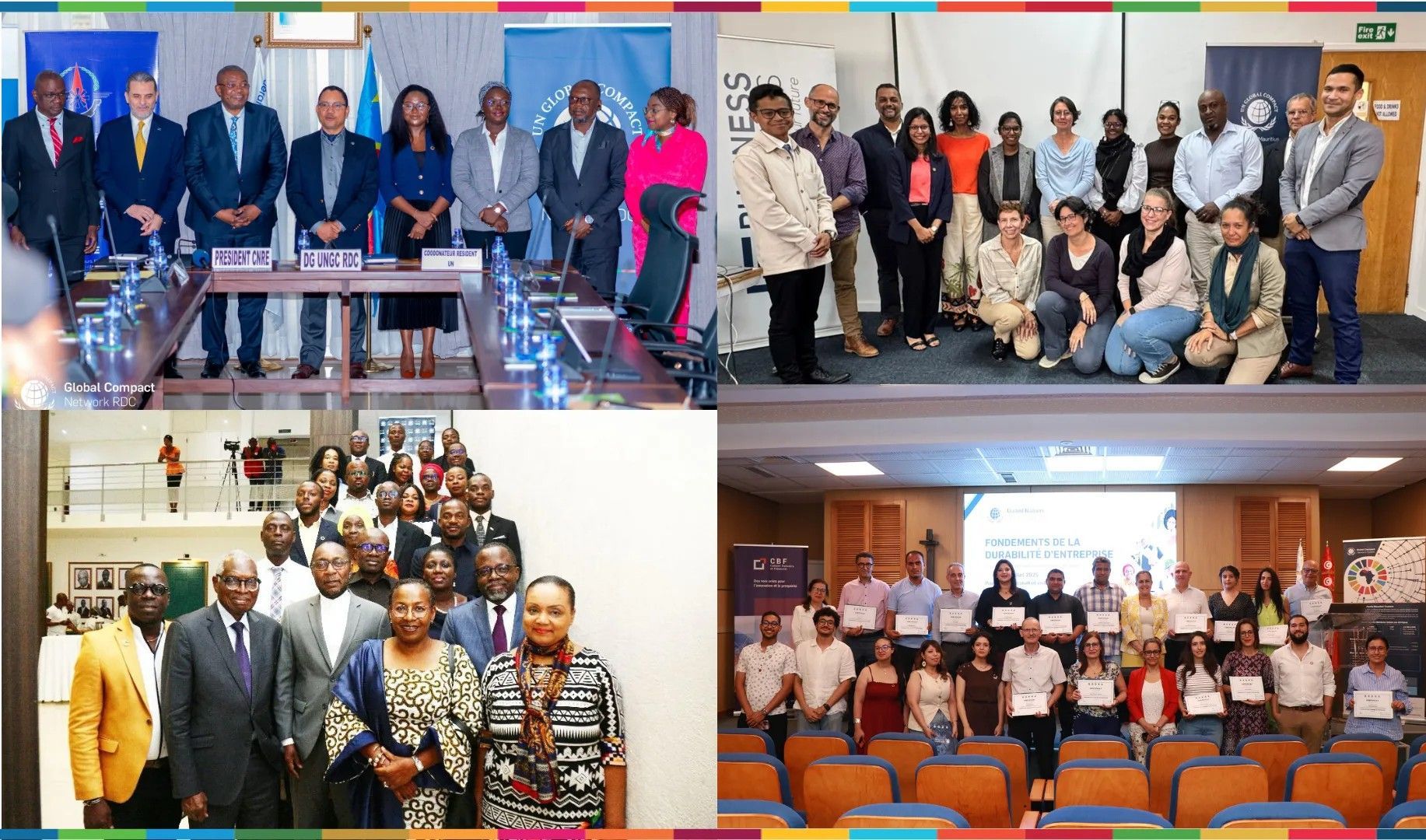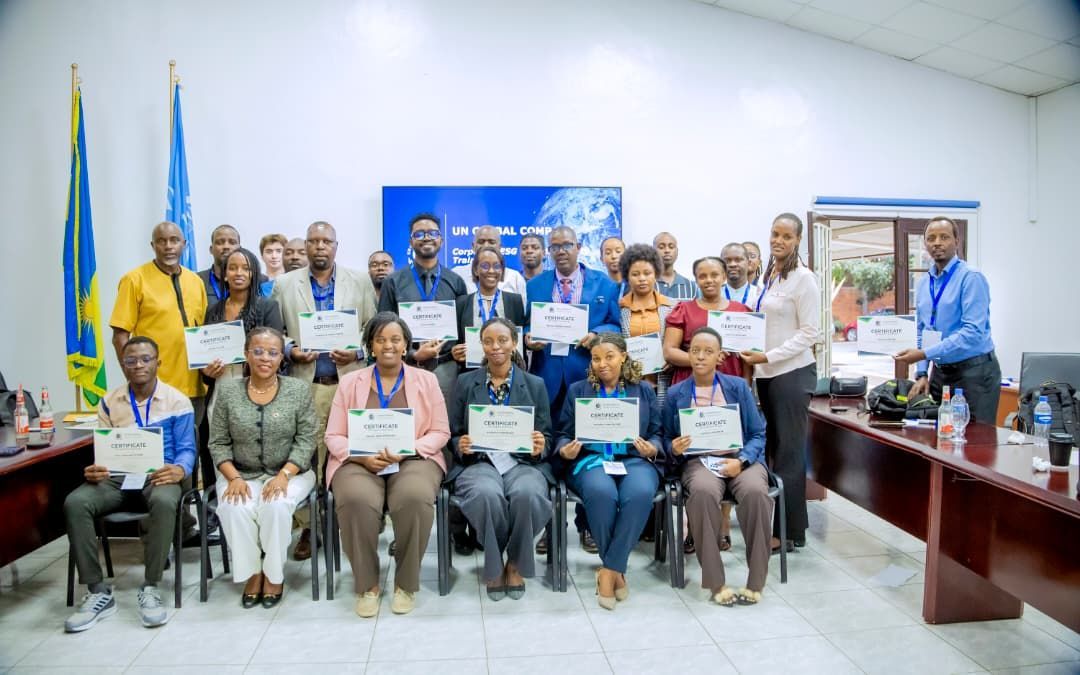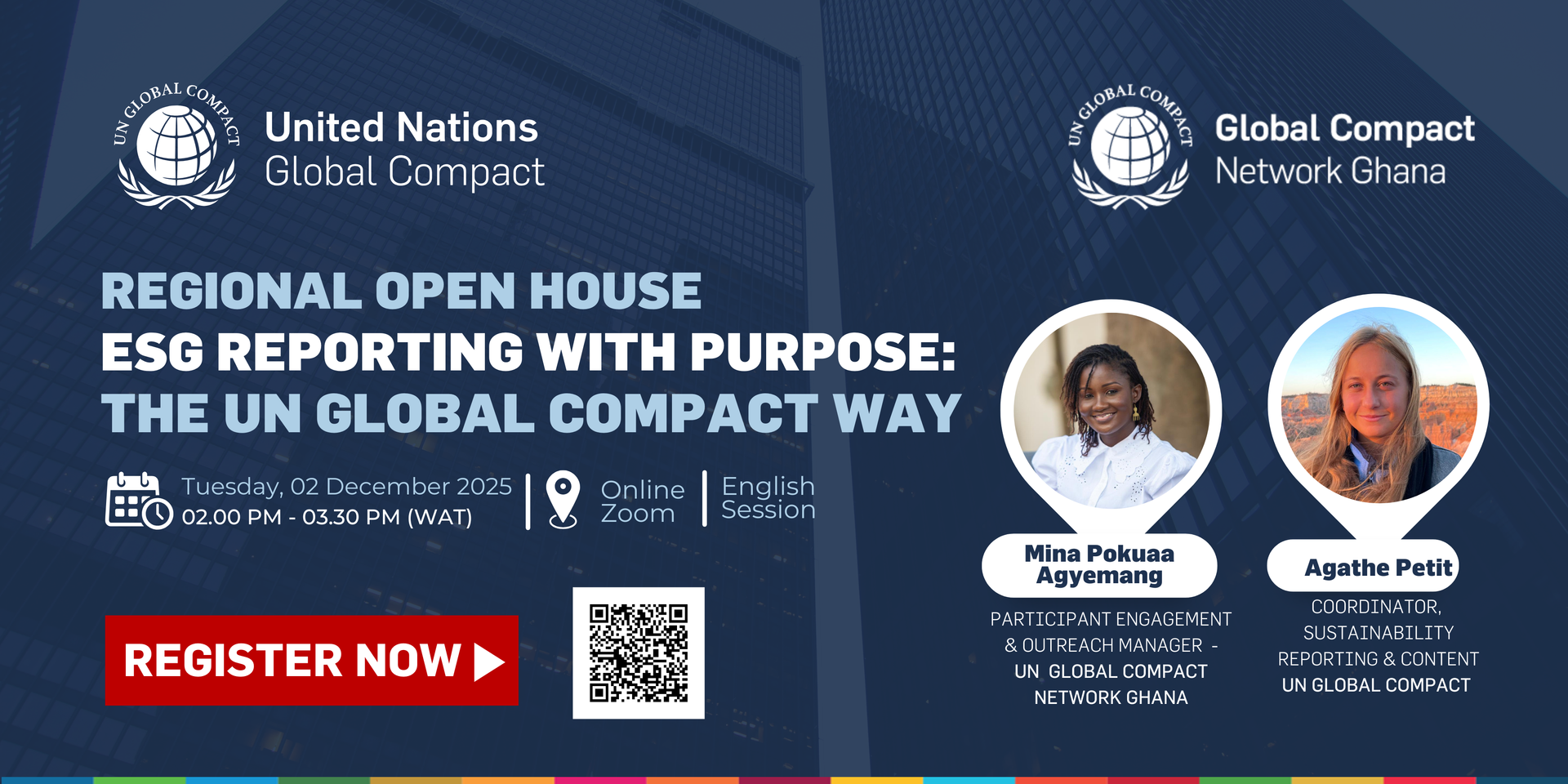Positioning Rwanda's Private Sector to Drive the SDGs
UN Global Compact holds CEO Breakfast in Rwanda to drive private sector support for the achievement of SDGs
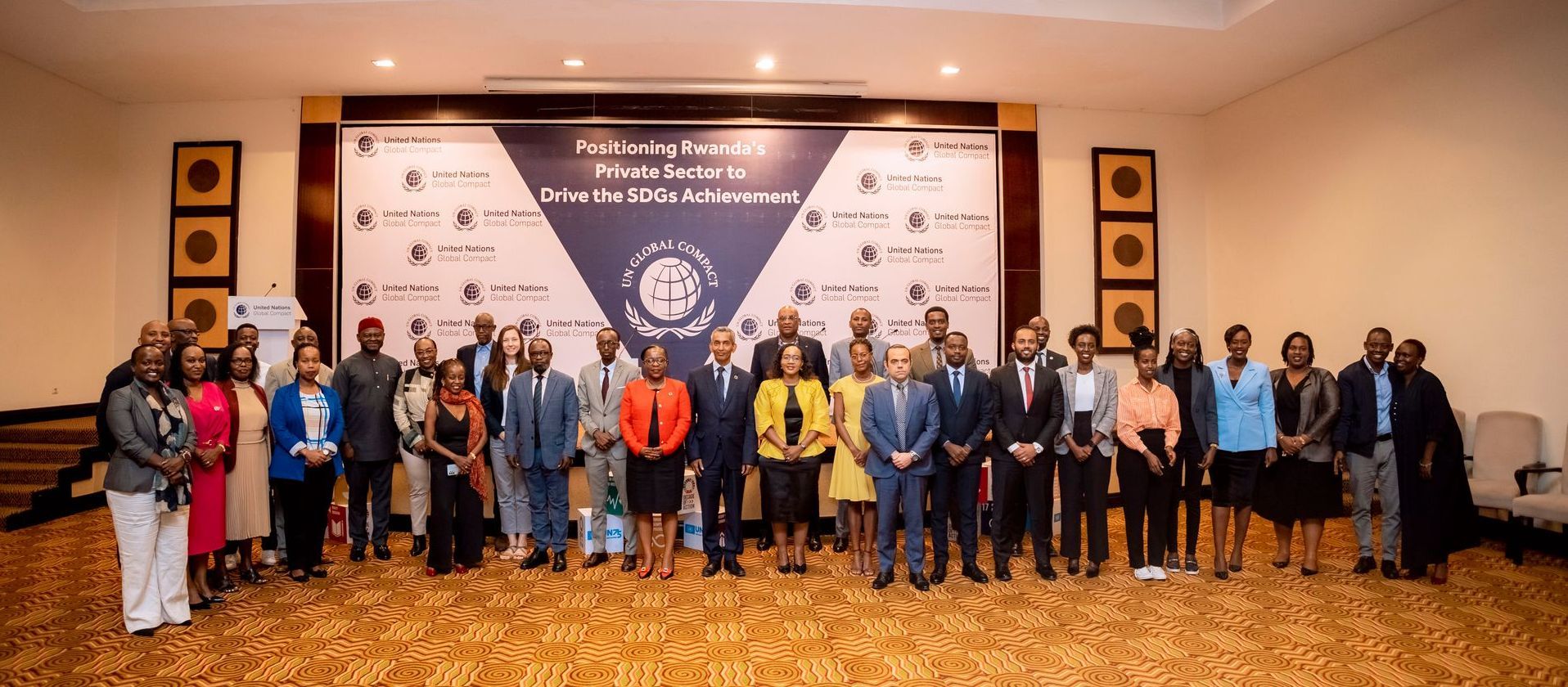
On Thursday 29th February 2024, the United Nations Global Compact hosted a CEO Breakfast at Kigali Serena Hotel, to discuss the pivotal role of and the benefits to the Private Sector in advancing Sustainable Development Goals (SDGs) in Rwanda. Under the theme: “Positioning Rwanda’s Private Sector to drive the SDGs Achievement”, the Forum was also an opportunity to exchange ideas on how to establish a network of companies in Rwanda committed to the Ten Principles of the United Nations (UN) Global Compact.
The CEO Breakfast was attended by 40 participants from various economic sectors. Out of them, 15 were CEOs and the rest were also C-suite delegates. They were encouraged to leverage the UN Global Compact platform to translate their sustainability ambitions into measurable and impactful actions. This first-ever UN Global Compact CEO Breakfast marked the continuation of meaningful engagement of the private sector to spur the Sustainable Development Goals agenda.
In October 2022, ahead of this recent CEO Breakfast, the Assistant Secretary General and CEO of the UN Global Compact, Ms. Sanda OJIAMBO, paid a visit to Rwanda and convened a CEO Roundtable, with the support of the Rwanda Development Board (RDB) and the UN Resident Coordinator Office in Rwanda. The Roundtable gathered 17 CEOs of leading Rwandan companies from various sectors. The discussion centered on the leaders’ priorities in contributing to Rwanda’s economic and inclusive growth, exploring various opportunities for scalable impact.
The CEO of the Global Compact commended the frankness of Rwandan CEOs and found the conversations at the Roundtable very promising. The discussions also covered the benefits of Global Compact Networks where businesses leverage peer-learning opportunities and resources to reinforce their engagement, expand their businesses, and collectively support the country’s sustainable development journey. The Roundtable confirmed the opportunity for the UN Global Compact to partner with Rwanda’s private sector to establish a Network of sustainable businesses in the country, adding to the Ten Networks that are active across the continent.
Leading from this Roundtable, since June 2023, the United Nations Global Compact has set up an office in Rwanda, headed by Mrs. Marie-Claire Dushimumukiza as the Country Manager, who leads and supervises this endeavor. Subsequently, an advisory committee has been formed to provide support to this initiative, and five businesses have become members of the Global Compact Network in Rwanda.
Speaking on the impact of the CEO Breakfast, Africa Regional Coordinator of the UN Global Compact Africa Hub, Ncomile Ndlovu, noted that "In today's forum, it was great to have leading CEOs in the country come together and discuss how we can unite and work together in rescuing the SDGs which at this stage only 15% are on track to be achieved by 2030. It is not a matter of just the government or the civil society, it is everyone who is involved and the private sector plays a key and central role" she noted.
As a result of the CEO Breakfast, fifteen other companies have indicated their interest in joining the Global Compact Network in Rwanda.
